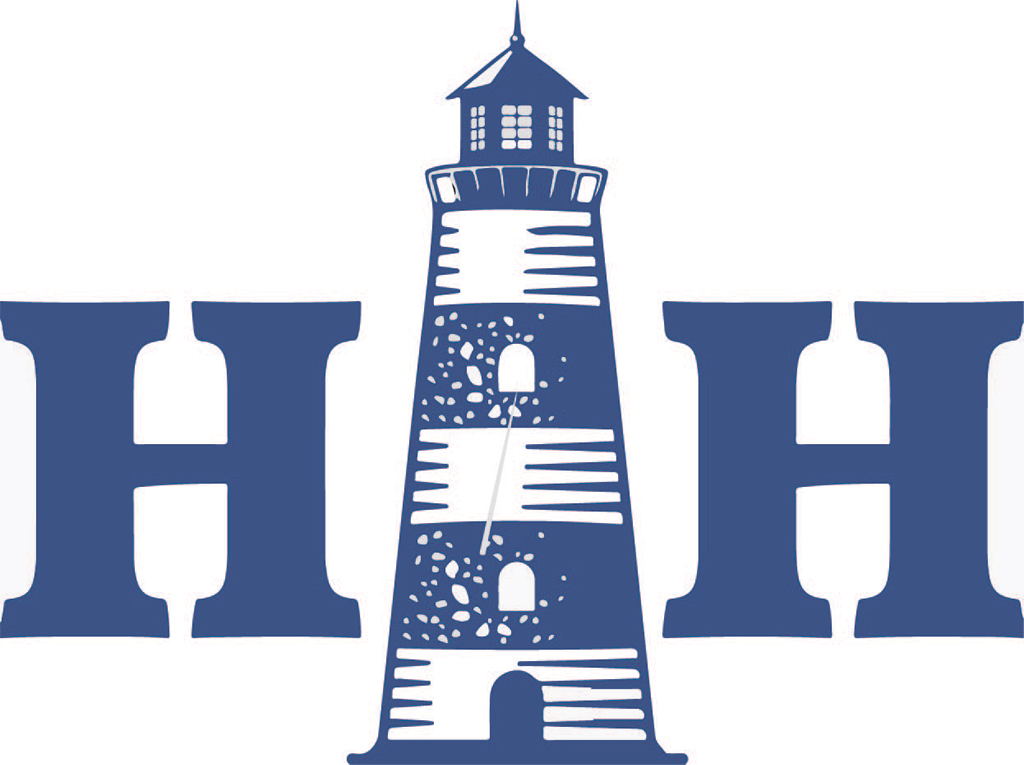Our Methods
At Harmony Harbors, our approach to substance abuse support and family recovery is simple: we meet you and your family wherever you are on your journey. We’ve seen the damage that addiction and behavioral disorders can do and provide a multitude of addiction support and auxiliary services to help you and your family navigate these tricky waters. Whether attending an anonymous support group or family recovery program, we can help with “pre” or post-processing from addiction support groups/anonymous support groups. You may choose to attend these outside of your sessions with us. Our comprehensive resources are designed to help you heal.
Why Harmony Harbors and Our Sobriety Support?
With our sobriety support programs, we help you and your family shelter from the storm of addiction and mental health issues and guide you back toward stability and wellness. With nearly 20 years of experience in addiction and mental health recovery, our team of professionals is committed to your unique situation. We planted our roots helping individuals and families throughout Montgomery County, PA, with our proven methods – but our experience and services are available virtually to anyone in the world. From individual counseling to family recovery counseling to our Crisis Management Program [CMP] – we help you cope with the changes and challenges brought on by addiction and mental illness. If you or a loved one is struggling, we encourage you to reach out to us today.
